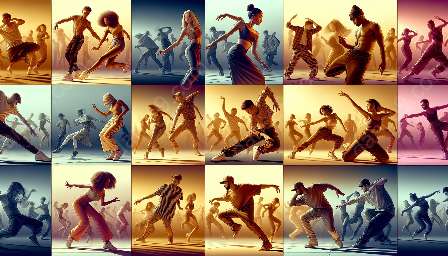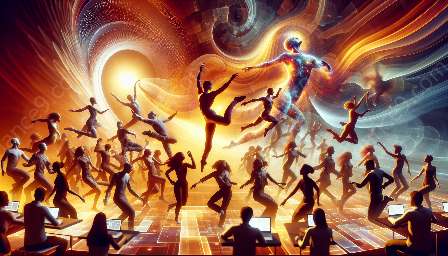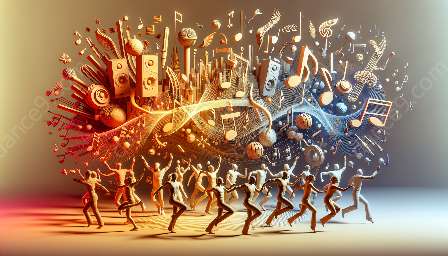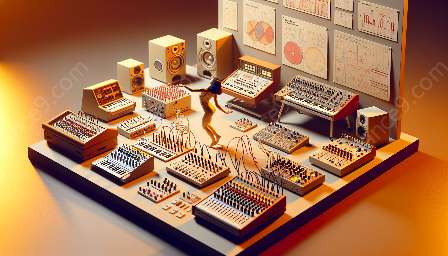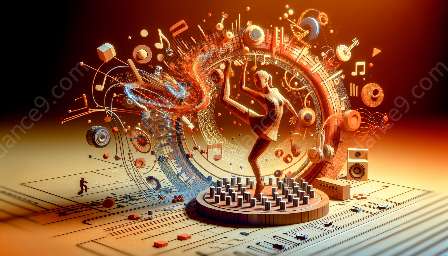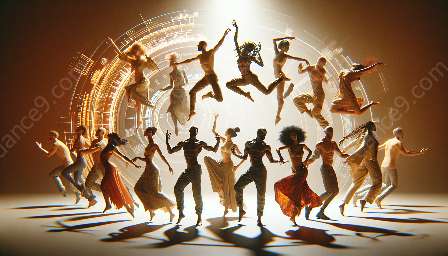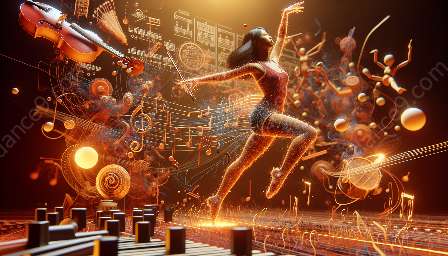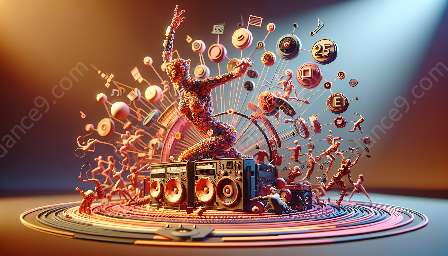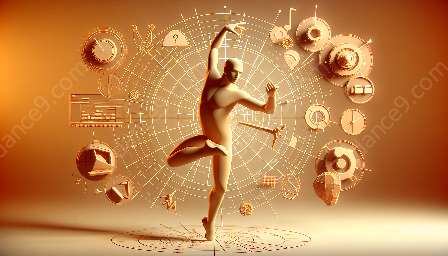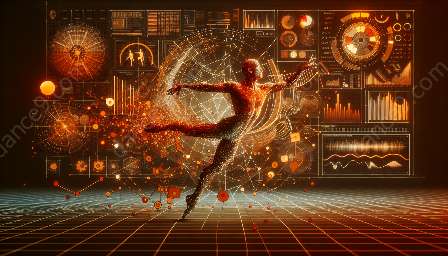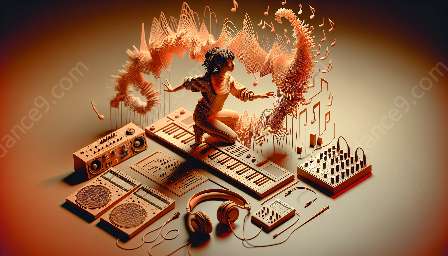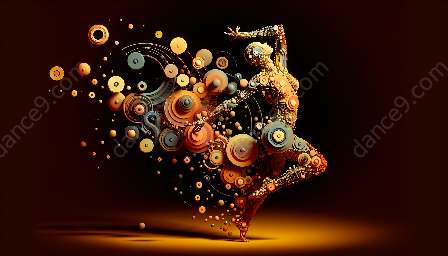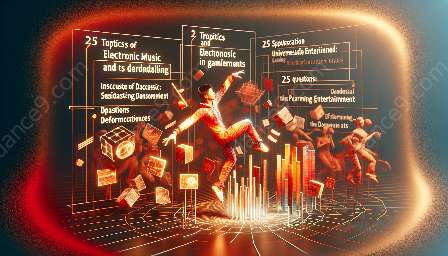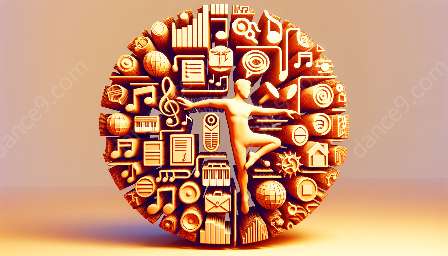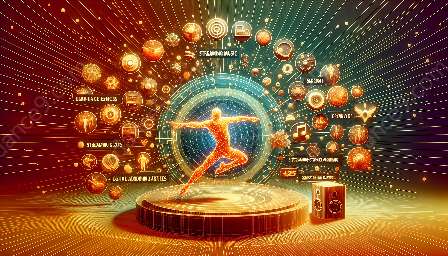Technology has played a pivotal role in the evolution of dance music genres, shaping the sounds and styles of electronic music. Through innovative tools and advancements, key genres of dance and electronic music have experienced transformative changes, influencing and revolutionizing the music industry.
Impact of Technology on Dance Music Genres
The integration of technology in music production, recording, and performance has significantly impacted the evolution of dance music genres. From the emergence of synthesizers to the widespread use of digital audio workstations (DAWs), advancements in technology have empowered artists and producers to create groundbreaking sounds and push the boundaries of musical experimentation.
1. House Music: House music, with its origins in the warehouses of Chicago, embraced the use of drum machines and samplers, allowing for the creation of infectious rhythms and looping samples. The introduction of MIDI (Musical Instrument Digital Interface) technology enabled the seamless control of electronic instruments, further shaping the distinct sound of house music.
2. Techno: Techno music, characterized by its futuristic and industrial sounds, has been heavily influenced by advancements in synthesizer technology. From Roland's iconic TB-303 bass synthesizer to the development of digital synths, technology has been integral to the evolution of techno, enabling artists to sculpt intricate and otherworldly sonic landscapes.
3. Trance: The genre of trance has been propelled by the evolution of software synths and virtual instruments, allowing producers to craft ethereal melodies and immersive soundscapes. Additionally, the advent of digital audio processing and effects units has contributed to the signature sound of trance music, creating expansive sonic textures and hypnotic atmospheres.
4. Dubstep: With its heavy basslines and intricate rhythms, dubstep has been shaped by the advancements in digital sound processing and manipulation. The use of software plugins and digital effects has enabled producers to create the intense and dynamic sound profile that defines the genre, pushing the boundaries of sonic experimentation.
Technological Innovations and Dance Music Culture
Beyond the realm of music production, technology has revolutionized the culture and experience of dance music. The rise of digital DJ platforms and software has transformed the art of DJing, offering new creative possibilities and seamless integration of diverse musical elements.
Furthermore, the advent of streaming platforms and online distribution channels has democratized the dissemination of electronic music, providing a global stage for emerging artists and facilitating interconnected communities of music enthusiasts.
As technology continues to evolve, the boundaries of dance music genres are continually expanding, fueled by the creative potential and sonic exploration made possible by technological innovation.






